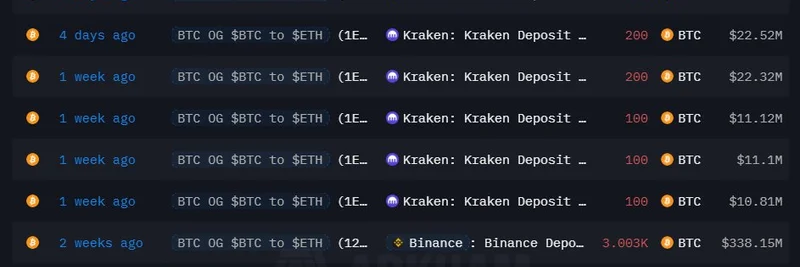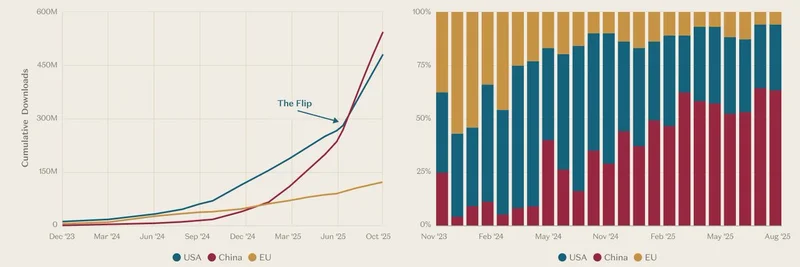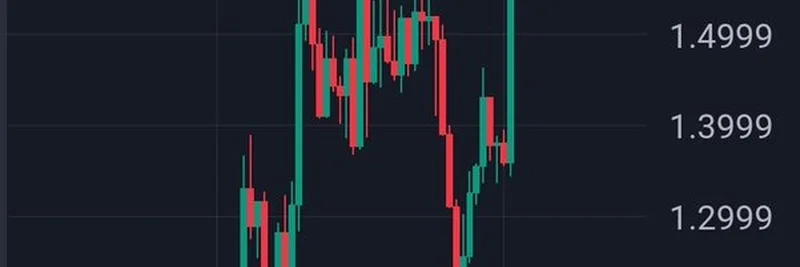The crypto world just got a major shake-up with the US Treasury Department's latest move. As announced in a recent tweet from BSCN Headlines, the Treasury has sanctioned 19 entities in Myanmar and Cambodia connected to massive crypto scam operations intertwined with human trafficking networks. This isn't just another regulatory headline—it's a stark reminder of the dark underbelly of the crypto space that could impact everyone from seasoned traders to meme token enthusiasts.
Understanding the Sanctions
Let's break it down simply. These sanctions target companies and individuals running what are essentially cyber-scam factories in Southeast Asia. According to reports from Reuters US sanctions billion-dollar cyber scam networks and Al Jazeera US sanctions companies behind Southeast Asian scam centers, these operations force trafficked individuals into running elaborate frauds. Victims are often lured with job promises, only to end up trapped in compounds where they're coerced into scamming others online.
The scams in question? Think illegal gambling, phony investment schemes, and the infamous "pig-butchering" frauds. Pig-butchering, for those new to the term, is where scammers build fake romantic or friendly relationships online (often via social media or dating apps) to gain trust. Once hooked, they "fatten up" the victim with small wins or promises, then "butcher" them by convincing them to pour money into fake crypto investments. Last year alone, Americans lost over $10 billion to these schemes, as noted in a Bitget report US sanctions 19 Myanmar and Cambodian online scam networks.
The Treasury's action freezes any US assets these entities hold and bars Americans from dealing with them. It's part of a broader crackdown on how these networks launder money through crypto, tying into human rights abuses like forced labor and even prostitution, per Forklog's coverage US Treasury Sanctions Crypto Fraudsters in Myanmar and Cambodia.
Why This Matters for Meme Tokens
You might be wondering: "I'm into meme coins like Dogecoin or the latest Solana pumps—how does this affect me?" Well, meme tokens thrive on hype, community, and quick gains, which unfortunately makes them prime targets for similar scams. While these sanctioned networks focus on pig-butchering, the tactics overlap with rug pulls and pump-and-dump schemes rampant in the meme space.
For instance, scammers often use Telegram groups, Discord servers, or even X (formerly Twitter) to promote "hot new meme tokens" with promises of moonshots. They build excitement, get you to invest, and then vanish with the funds. The human trafficking angle adds a layer of horror—many of these scams are powered by exploited workers in places like Myanmar's Myawaddy or Cambodia's Sihanoukville, as detailed in The Block's article OFAC sanctions entities tied to crypto scams.
As a meme token investor, this news underscores the need for vigilance. Regulatory moves like these could lead to tighter scrutiny on crypto platforms, potentially affecting liquidity or listings for high-risk assets like memes. On the flip side, it might clean up the space, making legitimate projects stand out more.
How to Spot and Avoid Crypto Scams
Staying safe in crypto, especially with memes, boils down to a few key habits:
Do Your Research (DYOR): Always verify a token's smart contract, team background, and community sentiment. Tools like DexScreener or CoinMarketCap can help spot red flags like sudden liquidity pulls.
Beware of Unsolicited Messages: If someone slides into your DMs with a "can't-miss" investment tip, especially involving romance or urgency, it's likely a scam. Pig-butchering often starts innocently on platforms like LinkedIn or Instagram.
Use Secure Wallets and Exchanges: Stick to reputable ones with strong security features. Enable two-factor authentication and never share private keys.
Report Suspicious Activity: If you encounter a potential scam, report it to platforms like the FTC or your local authorities. In the US, the Treasury's Office of Foreign Assets Control (OFAC) oversees these sanctions—check their lists to avoid blacklisted entities.
For more in-depth reading, the official Treasury press release from earlier this year provides context on similar actions Treasury Sanctions Burma Warlord, though today's update expands it significantly.
The Bigger Picture in Blockchain
This crackdown highlights crypto's double-edged sword: its borderless nature enables innovation but also exploitation. For blockchain practitioners diving into meme tokens, it's a call to build ethically. Projects with real utility, transparent teams, and community governance are less likely to attract scammers.
At Meme Insider, we're all about keeping you informed on the fun (and sometimes wild) side of crypto while arming you with knowledge to navigate risks. Stay tuned for more updates on how global regulations shape the meme token landscape. What's your take—will this curb scams or just push them underground? Drop your thoughts in the comments!



